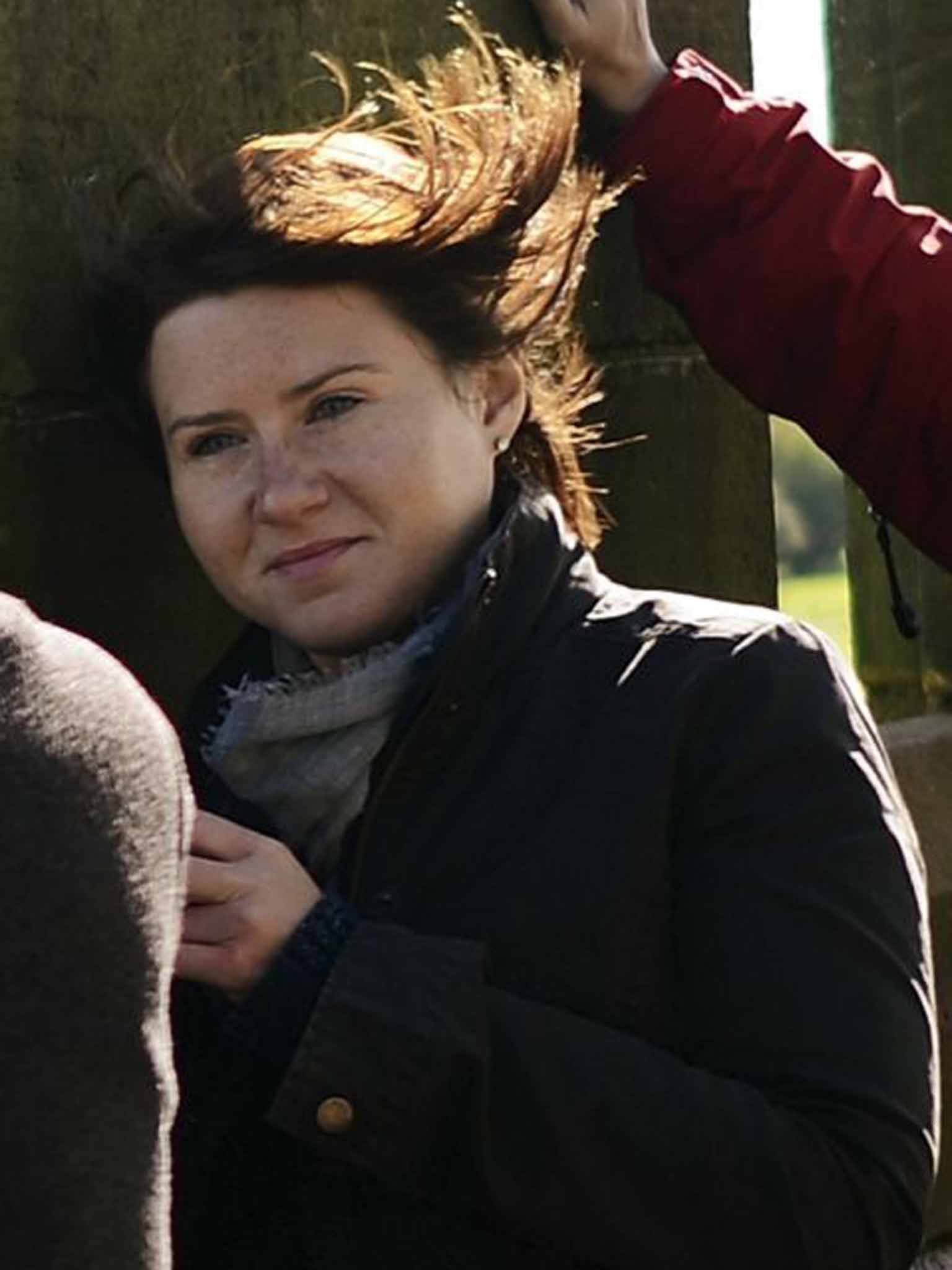Maria Golovnina: Reuters bureau chief who reported from Middle Eastern trouble spots with compassion and accuracy
Her eye for telling details helped her to build understated yet powerful accounts of complicated and distressing events

Maria Golovnina was Reuters' bureau chief for Afghanistan and Pakistan, loved and admired for her courage, compassion and professionalism. For more than a decade with Reuters she reported from some of the world's most dangerous places with a calm authority that more experienced journalists could only admire. As her friend and colleague Peter Graff put it, "Empathy wasn't just a skill she deployed for her craft. It burned in her white hot. It is what sustained her legendary stamina for work, play and learning."
The daughter of Russian expatriates, raised in Japan and writing in her third language, English, she joined Reuters in Tokyo in 2001 and worked in London, Singapore and Seoul as part of the graduate trainee programme. She was posted to Russia, where she covered the early Putin years, the Moscow theatre siege and bomb attacks by Chechen rebels.
She became chief correspondent in Central Asia, in 2005, reporting on Uzbekistan's crackdown on protests, Kyrgyzstan's revolutions and instability in Tajikistan. She was in Afghanistan for the 2009 presidential election and later went to Iraq. Her eye for telling details helped her to build understated yet powerful accounts of complicated and distressing events.
She moved to London in 2010, where fellow editors remember her as an open, engaging friend who combined warmth with a commitment to getting news out quickly and accurately. She spent much of 2011 covering the war in Libya. Reuters correspondent Michael Georgy recalled her as being "tough as nails, very funny, sweet and crazy. Downtown, we took great delight in outfoxing Gaddafi's agents so that we could get critical quotes from a terrified population. It was wonderful teamwork and Maria was like a tsunami."
Golovnina became UK chief correspondent and put down roots of a kind by buying a flat in London. One problem was that she barely had any furniture of her own, and was thrilled when a colleague gave her an Afghan stool as a present. The roots did not tie her to London for long, however, and she went to her final assignment, in Pakistan. She was found unconscious in Reuters' Islamabad office; medical teams were unable to save her.
Maria Golovnina, journalist: born c. 1984; died Islamabad 23 February 2015.
Subscribe to Independent Premium to bookmark this article
Want to bookmark your favourite articles and stories to read or reference later? Start your Independent Premium subscription today.

Join our commenting forum
Join thought-provoking conversations, follow other Independent readers and see their replies